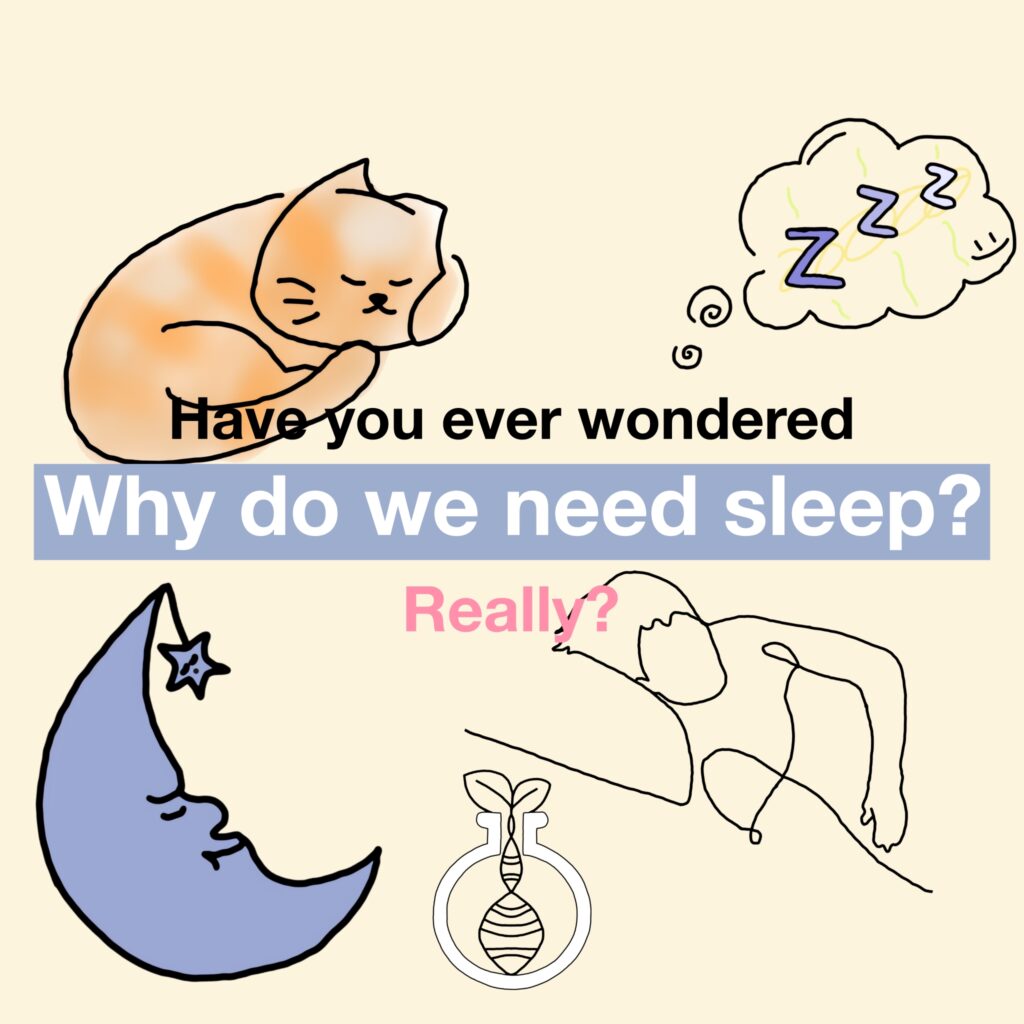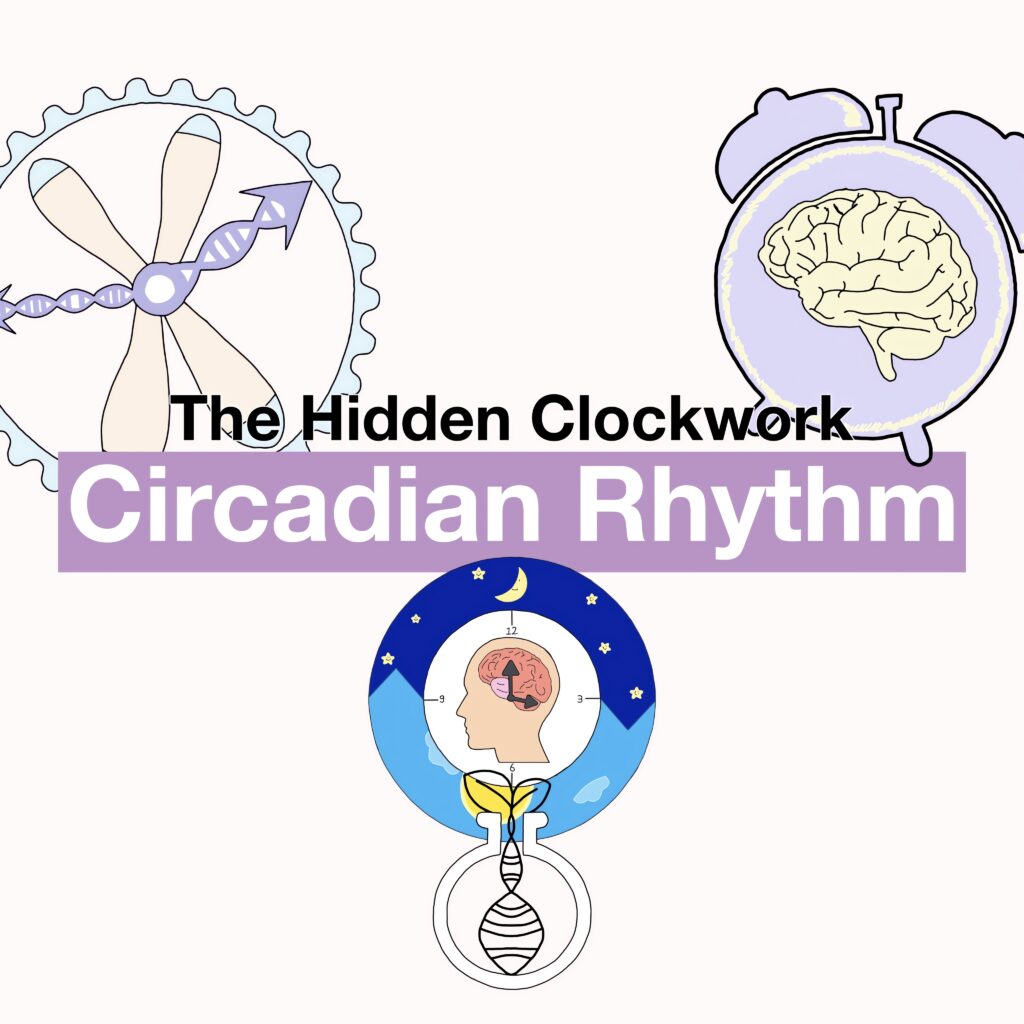Imagine unlocking the mysteries of the most complex machine in existence, the human brain. For centuries, scientists have been peering into its folds, attempting to unravel the secrets of how we think, feel, and experience the world. Now, with cutting-edge advancements in technology, we’re in the midst of a revolution in brain mapping that could redefine everything from neuroscience to mental health treatment—and maybe even edge us closer to understanding consciousness itself.
The Brain: The Final Frontier
The human brain is a marvel of nature, an intricate web of billions of neurons, each firing signals to form thoughts, memories, and emotions. For decades, we’ve known about these basic components, but the true challenge lies in understanding how they’re connected and how they work together to form the tapestry of our minds.
This is where connectomics comes into play. Connectomics is the ambitious project of mapping the brain’s neural connections, sometimes called the “wiring diagram” of the brain. Imagine trying to chart out every street in a city as vast and dense as New York—but that city is constantly shifting, adapting, and learning. That’s the task neuroscientists are tackling. By understanding these networks, researchers hope to unlock the code that governs everything from memory to mental illness.

From Connectomes to Neural Decoding
While mapping the brain’s structure is one piece of the puzzle, understanding how it functions in real time is the next frontier. Enter neural decoding, a process that interprets brain signals to understand what a person is seeing, thinking, or feeling. It’s almost like cracking a secret code—one that could lead to the ability to read thoughts, influence behaviors, or even help those with neurological disorders regain lost functions.
In recent years, scientists have made incredible strides in this area. By using brain-computer interfaces (BCIs), they’ve enabled people to control prosthetic limbs, type using their thoughts, and even communicate despite being paralyzed. Neural decoding offers a glimpse into the future, where the brain’s signals could be translated into actionable commands, revolutionizing the treatment of neurological diseases, brain injuries, and more.
Mental Health and the Brain’s Hidden Pathways
One of the most exciting applications of this new era of brain mapping is its potential to transform mental health treatments. Conditions like depression, anxiety, and schizophrenia have long been mysterious, with no clear understanding of their root causes. But as we decode the brain’s networks, we’re starting to see how misfires in neural circuits can lead to these debilitating conditions.
Researchers are now exploring ways to rewire faulty brain circuits using everything from deep brain stimulation (DBS) to advanced therapies like transcranial magnetic stimulation (TMS). Imagine a world where mental health treatments are personalized, targeting the exact neural pathways causing distress, leading to faster, more effective interventions. We may soon be able to treat mental health disorders at the level of the brain’s wiring, offering hope to millions.

The Future: Could Brain Mapping Lead to Mind Control?
As with any scientific breakthrough, the race to decode the brain also raises ethical questions. What if we could manipulate memories, influence decisions, or even control thoughts? While this sounds like the stuff of science fiction, some experts warn that advancements in neural decoding and brain-computer interfaces could one day make mind control a reality.
But, as with all powerful tools, the key lies in how we use this knowledge. Brain mapping has the potential to unlock enormous benefits—curing diseases, improving mental health, and even enhancing human capabilities. However, we must tread carefully to ensure that this knowledge is used ethically, protecting privacy and autonomy as we advance toward a future where the brain’s deepest secrets are no longer a mystery.

A Race Toward Understanding Ourselves
As we push forward in the race to map and decode the brain, we are not only learning about a complex organ—we’re learning about ourselves. Every new discovery brings us closer to understanding what makes us human, how our thoughts and emotions are shaped, and how we can intervene when things go wrong.
The implications for neuroscience and medicine are vast. From mental health to brain injuries, this research could reshape the way we treat and understand the brain. And while there’s still much to uncover, one thing is clear: we are on the cusp of a new era in brain science, one that will change how we understand the mind, treat diseases, and even interact with the world around us.


My name is Ali Emre Cabadak, a dedicated biology enthusiast currently pursuing my studies at Marmara University, where I am majoring in Bioengineering. As a passionate advocate for scientific discovery and innovation, I am the founder of Biologyto. My goal is to bring the wonders of biology closer to everyone and inspire a new generation of thinkers and innovators. Through Biologyto, I aim to write scientific articles that delve into the fascinating world of biology, sharing insights and discoveries that inspire curiosity and innovation.





